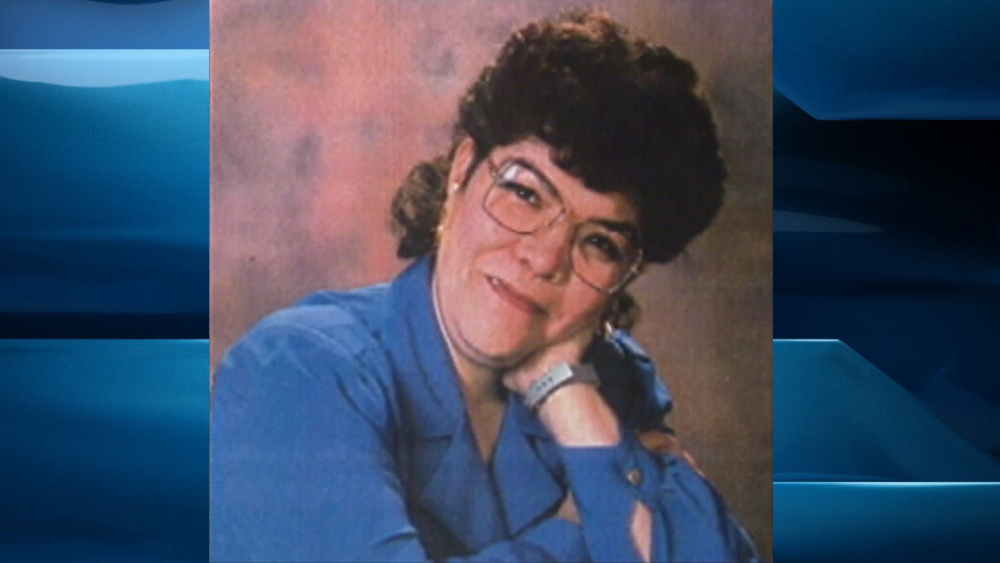Alberta’s Chief Justice has denied a request for a faint hope hearing for Deborah Point, the Calgary woman serving life in prison for the gruesome killing and dismembering of a Calgary physiotherapist.

Point is serving a life sentence for second-degree murder with no chance of parole for 20 years in the killing of her roommate Audrey Trudeau.
The application was made in June in front of Chief Justice Wittmann, under the so-called “faint hope clause” to have a judicial review of Point’s parole ineligibility.
READ MORE: Convicted Calgary killer Deborah Point seeks early release under faint hope clause

In a 12 page written ruling, Wittmann said “Point’s denial of any involvement in the death of Trudeau is significant.”
“In this case, I am of the view that Point’s denial of involvement in light of what the trial judge describes as ‘overwhelming evidence’ that Point not only committed a brutal murder, but also dismembered the body and stored it in a friend’s garage, renders this case such that there is a substantial likelihood a jury will not reduce the 20 years parole ineligibility.”
Trudeau disappeared in February 1999.
Five months later, her dismembered body was found in cardboard boxes inside a southwest Calgary garage.
She had been stabbed 15 times in the back of her head. Point was arrested two days later.
The motive was believed to be over sex or money.
The National Parole Board has previously denied Point escorted temporary absences.
In a 2012 decision, the board wrote:
“You deny being responsible and have maintained this position since arrest. Given…your unwillingness or inability to be honest…and your rationalizations and justification of your behaviours…the board finds your risk to be unacceptable.”
In dismissing Point’s application, Wittmann noted he is “not convinced that a jury would unanimously reduce the years of parole ineligibility for Point.”
Wittmann noted the Crown would argue Point “has not changed during her incarceration; that her situation has not changed. Although a jury would have discretion, I am of the view there is not, on a balance of probabilities, a substantial likelihood that the application will succeed.”
Point has been described as a model prisoner.





Comments